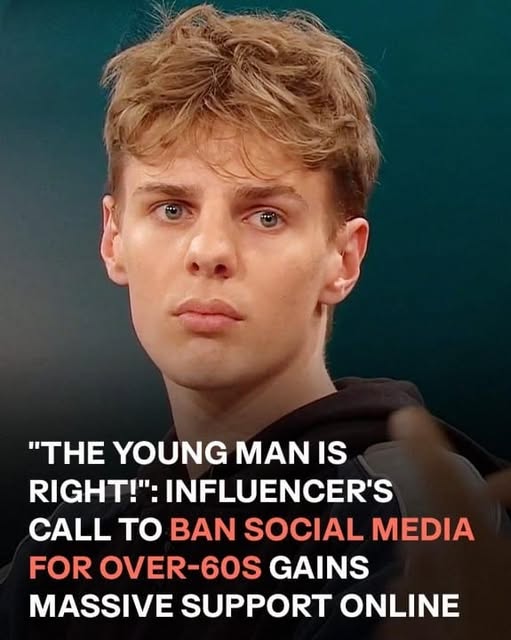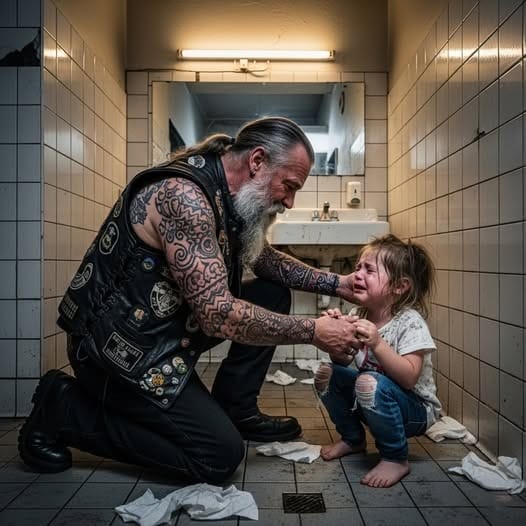In a society fixated on the impact of social media on the young, a fresh voice has dared to ask an uncomfortable question: what about the old? During a recent panel discussion, influencer Levi Penell turned the typical generational argument on its head by suggesting a social media ban for people over 60. The resulting firestorm of applause, criticism, and debate revealed a deep-seated cultural tension about digital wisdom, vulnerability, and who gets to define the rules of the online world.
Penell’s argument was a masterclass in shifting perspective. He started on familiar ground, agreeing that children need protection and guidance online. But then he flipped the script, contending that the digital naivety of some older users poses a significant problem. His core point was about media literacy; he suggested that younger people are often better equipped to navigate the murky waters of online misinformation, deepfakes, and algorithmic manipulation. His provocative conclusion was that if we are to talk about age-based restrictions, the logic should be applied consistently based on demonstrable skill, not just chronological youth.
The response from the older generation on the panel was defensive yet insightful. Respected journalist Petra Gerster challenged the idea of exclusion, framing social media as a crucial lifeline for seniors that helps them stay connected with family and fight isolation. Her counter-argument highlighted a fundamental divide: where Penell saw a source of misinformation, Gerster saw a tool for community. This clash underscores that the value of social media is not universal but is deeply personal and generational.
The real takeaway from the heated exchange is that our conversation about social media is too narrow. By using hyperbole to suggest a ban for seniors, Penell successfully exposed the double standards often present in these debates. We are quick to patronize the young and protect them, while sometimes dismissing the struggles other groups face in the same digital landscape. The discussion is no longer just about protecting children; it’s about how we, as a multi-generational society, can collectively cultivate the critical thinking skills required to thrive online, regardless of our age.


